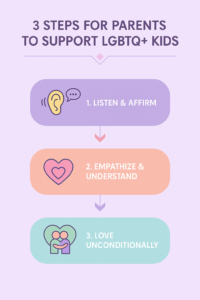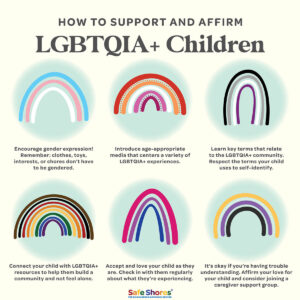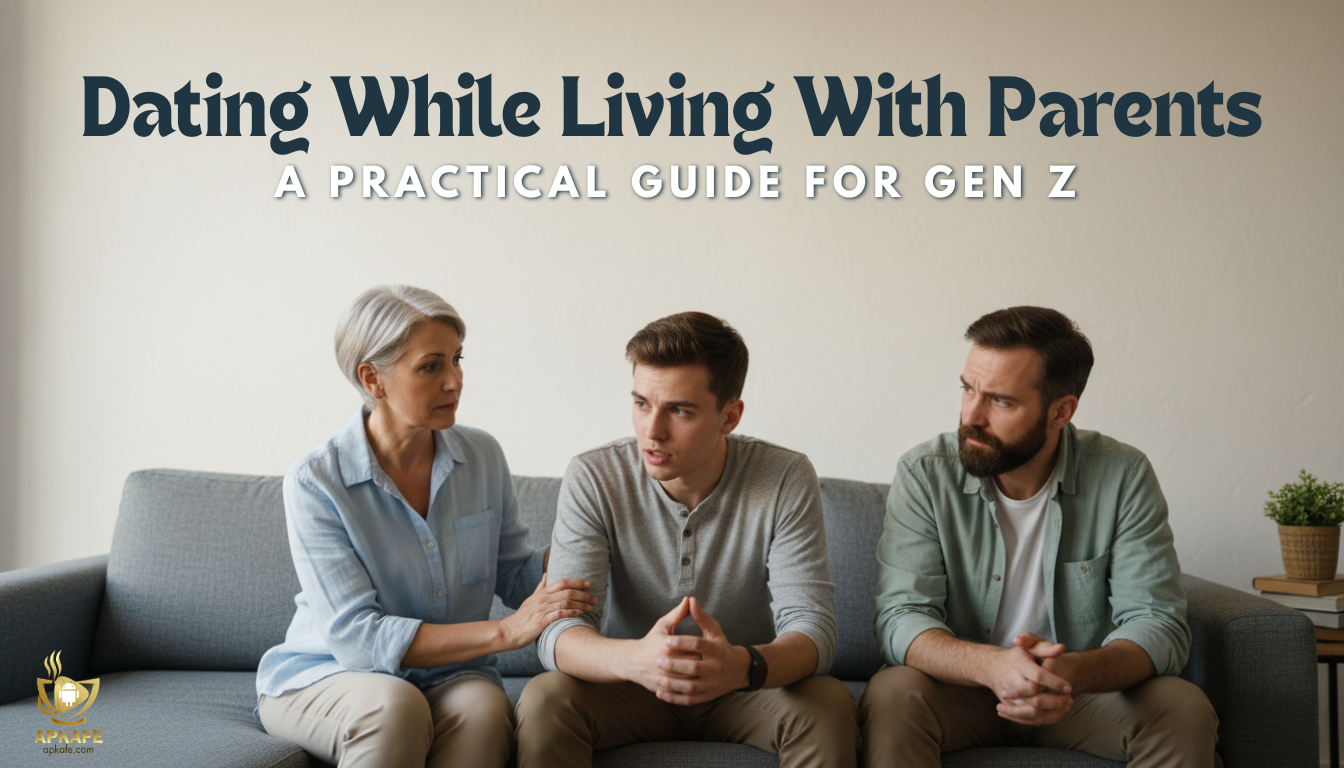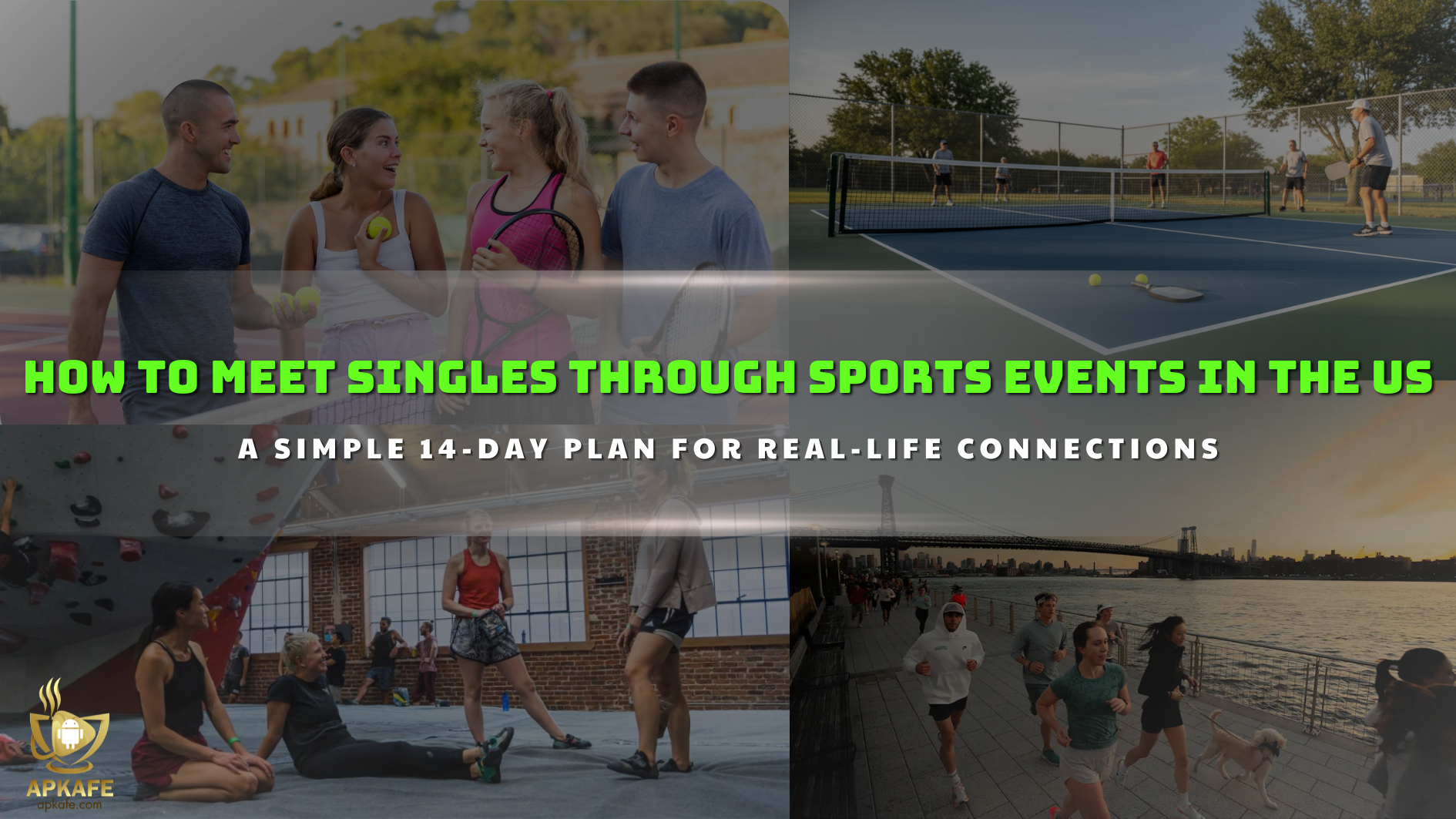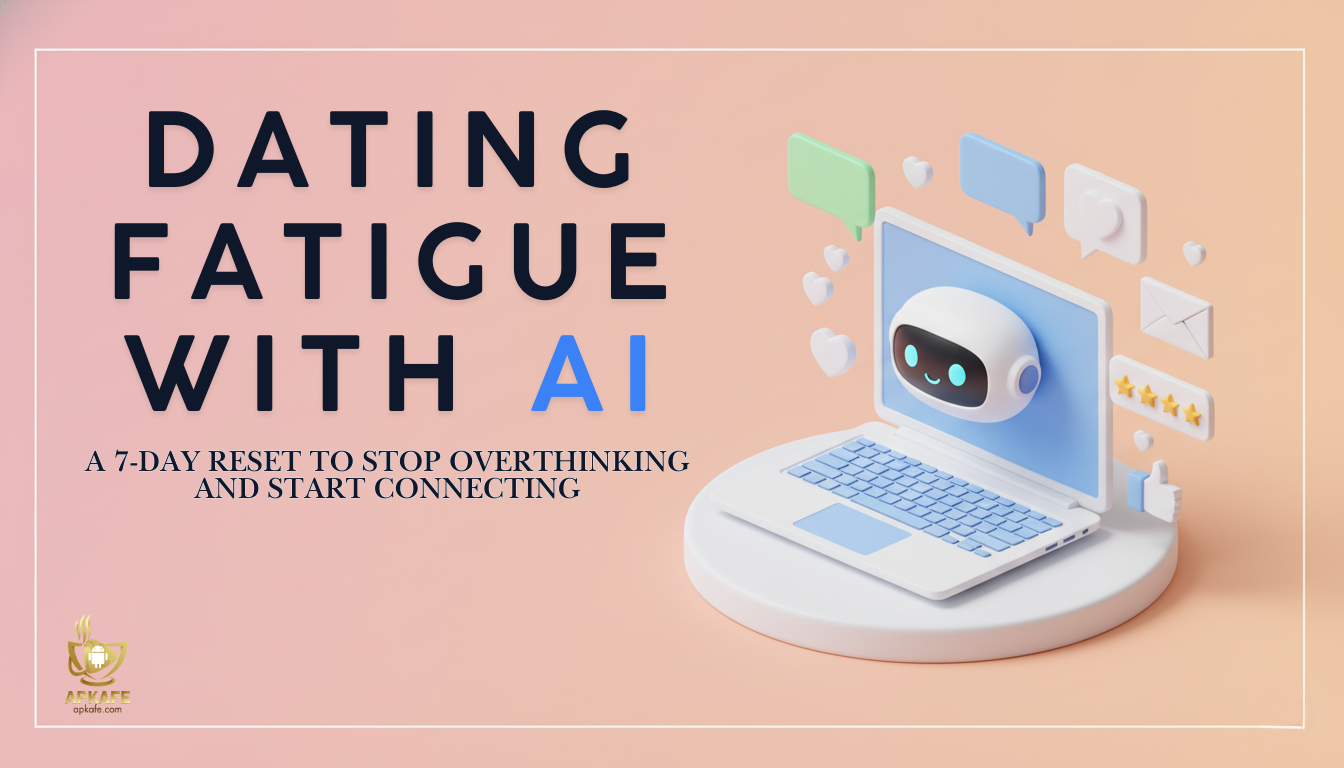Elliot Page’s Coming Out Journey: Lessons Every Parent Can Learn About Supporting LGBTQ+ Kids
When Elliot Page came out as transgender, the world listened — but few noticed the quiet lessons behind his courage. For parents everywhere, his story is more than inspiring; it’s a mirror reflecting how love, fear, and acceptance can coexist — and how understanding can transform them all.
👪 You love your child, but when they come out as LGBTQ+, love suddenly feels complicated.
🌈 In Elliot Page’s story lies the roadmap for every parent learning how to accept, support, and still protect their child.
🎬 Elliot Page — an Academy Award–nominated Canadian actor known for Juno, Inception, and Netflix’s The Umbrella Academy — is more than a Hollywood star. He’s a powerful voice for authenticity, courage, and acceptance in the LGBTQ+ community.
💭 Imagine your child looking at you one day and saying, ‘Mom, Dad… there’s something I need to tell you.’ What would you do?
📅 In December 2020, Elliot came out as transgender, publicly embracing his true identity. That moment sparked global conversations about gender identity, empathy, and how families can create spaces of unconditional love.
💞 For parents everywhere, Elliot’s story is more than celebrity news — it’s a guide to understanding, supporting, and celebrating their own children’s identities.
❓ What can parents learn from Elliot Page’s journey to better support their LGBTQ+ kids?
🤔 Would you know what to say if that moment came to your family?
💬 Elliot Page’s Coming Out Journey
Elliot’s post reached over 8 million likes within hours — proof that truth resonates when shared with courage
But behind the applause was a quieter struggle — one that many LGBTQ+ kids face when they decide to live authentically.
A moment of truth — December 2020
When Elliot Page announced on Instagram that he is transgender, the post instantly went viral. He wrote with raw honesty and gratitude:
“I love that I am trans. And I love that I am queer. The more I hold myself close and embrace who I am, the more I dream, the more my heart grows, and the more I thrive.”
Behind those powerful words lay years of self-discovery and struggle — a reminder that coming out is both brave and deeply personal.
For many, it also opened conversations about how to come out to religious parents who may struggle with understanding LGBTQ+ identities (read more: How to Come Out to Religious Parents).
But what if your child shared something similar tomorrow — would you know what to say?
Facing public pressure
Elliot’s announcement came with enormous public attention — and with it, the challenges of navigating media scrutiny, online commentary, and misconceptions about trans identities.
Yet, he stood firm, choosing transparency and kindness as his tools for change.
In an interview with Time, Elliot said:
“Coming out was not an endpoint. It was the beginning of a journey toward living fully, authentically, and joyfully.”
That statement reflects what many LGBTQ+ youth wish their parents understood: coming out isn’t the end — it’s the start of a new chapter that needs love and support.
Using his voice for good
Since coming out, Elliot Page has used his platform to speak up for trans rights and visibility. Through his memoir Pageboy, interviews, and public talks, he’s highlighted issues of safety, representation, and belonging.
His courage has inspired thousands to live more truthfully — and has taught parents everywhere that visibility saves lives.
Parent takeaway: When your child shares their truth, the best response is to listen first — and love loudly.
Before exploring new connections, it’s smart to review this Dating Safety Checklist for First-Time Dating App Users (U.S.) to help your teen or young adult navigate the digital world safely.
Courage is contagious — but would you have the same courage if it were your child?
👨👩👧 Acceptance from Family, Friends, and Fans
Elliot’s mom once admitted she didn’t understand at first — but she kept learning. Her text saying ‘I love you for who you are’ became a moment of healing for both.
How might your own family react in that moment — with confusion, or with love?
Family first — learning and growing together
Elliot has spoken about how his mother took time to understand but ultimately became one of his biggest supporters.
Her message was simple yet profound:
“I want you to be who you are, and I support you fully.”
For many parents, acceptance is a process — it begins with love, followed by learning. Mistakes will happen, but patience and effort speak louder than perfection.
Love doesn’t always come easy — sometimes it starts with confusion, silence, and a single sentence that changes everything.
Friends and colleagues standing strong
From castmates on The Umbrella Academy to peers across Hollywood, Elliot received widespread respect. Netflix updated credits and descriptions to reflect his name — a powerful act of recognition.
Such gestures demonstrate how small actions create big impact when it comes to inclusion.
And in the dating world, that same principle of visibility and respect guides platforms featured in Top Dating Apps for Gay Men (U.S.) — where many in the LGBTQ+ community find genuine connection built on mutual understanding.
Public support and global influence
Fans across the world responded with love and gratitude, calling Elliot’s courage “life-changing.” Many young people said his story helped them come out to their own families.
Parent takeaway: When your child feels supported, they gain the strength to thrive — not just survive.
Parents often think they need to have all the answers.
But the truth? You only need to have the heart to listen.
What would it take for you to listen before reacting?
📖 Lessons Every Parent Can Learn
Research from PFLAG found that LGBTQ+ youth with affirming parents are twice as likely to report life satisfaction.
1. Listen without judgment
When a child comes out, they are not seeking approval — they are seeking understanding.
Parents don’t need to have all the answers; they just need to keep the conversation open.
Ask gentle, open-ended questions like:
“How do you feel about this?”
“What can I do to support you right now?”
2. Use affirming language
Words matter deeply. Replace labels or assumptions with empathy.
Instead of saying “It’s just a phase,” say:
“Thank you for trusting me with who you are.”
“I’m proud of you for being honest.”
Positive language builds trust and emotional safety — the foundation of every healthy parent-child bond.
These aren’t just tips — they’re survival tools disguised as love.
3. Learn continuously
Understanding gender identity and sexuality takes time. Read credible resources such as:
Parents can also explore empathy through stories of how gay men form authentic relationships in What Gay Guys Look for in a Partner — helping them understand emotional connection from a new angle.
Education empowers parents to replace fear with empathy.
4. Model unconditional love
Elliot’s story shows that love — even imperfect love — can transform fear into pride.
When parents show up for their children, the message is clear:
“You are safe. You are loved. You belong.”
Empathy isn’t about knowing — it’s about staying.
🧩 A Practical Guide for Parents
“Big changes start with small, intentional steps.”
Step 1: Keep the conversation open
Create time to talk about school, friends, and identity naturally. When your child feels seen in everyday life, they’re more likely to share what’s on their heart.
Step 2: Ask, don’t assume
Avoid jumping to conclusions. Instead, ask questions like:
“How do you want me to refer to you?”
“What makes you feel most comfortable right now?”
This approach communicates respect and openness.
Step 3: Encourage self-expression
Support your child’s style, pronouns, or hobbies. Let them define what feels authentic.
These small acts send a powerful message: I see you and celebrate you.
And for LGBTQ+ adults exploring love later in life, Gay Dating Apps for Over 40 show that connection and self-discovery have no age limit.
These steps may seem small, but to your child — they’re the difference between fear and freedom.
Step 4: Find community support
You don’t have to do this alone. Join parenting groups or local LGBTQ+ centers.
Many U.S. organizations host workshops and Q&A sessions for families — spaces where love and learning come together.
Step 5: Practice self-compassion
Parents also go through emotional transitions. It’s okay to feel confused or overwhelmed. What matters most is staying engaged and open-hearted.
If you ever doubt the impact of acceptance, just look at the numbers — and the lives it saves.
When was the last time you told your child they made you proud?
To a parent, it’s a sentence. To a child, it’s safety
📊 The Bigger Picture: Why Acceptance Matters
According to the Family Acceptance Project (San Francisco State University), LGBTQ+ youth who experience family acceptance are over eight times less likely to attempt suicide compared to those who face high levels of family rejection.
Acceptance isn’t a headline — it’s daily, quiet actions.
Elliot Page’s story reminds us that public figures can inspire private courage. His openness invites families everywhere to redefine what love looks like in practice: curiosity instead of fear, learning instead of silence.
When parents lead with empathy, their children find the strength to lead with authenticity.
For parents, understanding how your child interacts online — such as how to talk to gay guys on dating apps or how to tell if a guy is gay on dating apps — can open healthy, honest discussions about digital safety, respect, and identity.
Elliot Page’s story started with courage — but it ends with something even more powerful: compassion.
So how can you make your love louder than the world’s noise?
🕊️ Conclusion
At the start, we asked: what would you do if your child came out to you?
Maybe the real answer is this — love first, learn second.
Elliot Page’s coming-out journey is a reminder that courage begins with honesty — and that unconditional love begins with listening.
For parents, the path to understanding an LGBTQ+ child doesn’t require perfection, only intention. Every conversation, every small show of support, helps a child feel safe and valued.
Acceptance is not agreement — it’s love in action.
Let Elliot Page’s story inspire you to create a home where love is louder than judgment, and authenticity is always welcome.
If you found inspiration in Elliot Page’s journey, explore more insights on identity, safety, and connection — from how to come out to religious parents to how to find a boyfriend as a gay man — because every act of understanding brings us one step closer to a kinder world.
Maybe the real lesson from Elliot Page’s story isn’t just about being brave — it’s about learning that love expands when we let go of fear.
What do you think love looks like in your family? Share below — your story might help another parent find theirs.
🛡️ Safety & Privacy Tips (Parent Edition)
- Respect your child’s privacy — never share their story without permission.
- Avoid posting photos or names online if your child isn’t comfortable.
- Keep conversations about identity positive and private.
- Review app and social media privacy settings together.
- Seek professional guidance if family members struggle with acceptance.
❓ FAQs for Parents
- What should I say when my child comes out?
Say “Thank you for trusting me.” Listening first is more powerful than any speech. - How do I learn the right terms to use?
Use your child’s chosen name and pronouns. If you’re unsure, ask respectfully. Mistakes are okay when corrected with care. - What if other relatives don’t accept my child?
Protect your child’s emotional safety first. Offer reassurance and set boundaries with relatives if needed. - My child is struggling with identity — where can I get help?
Contact The Trevor Project (24/7 Helpline: 1-866-488-7386) or PFLAG’s family resources for immediate guidance. - How can I make my home more inclusive?
Include LGBTQ+ representation in books, media, and conversations. Normalize diversity in everyday life.
💝 “Love begins with understanding — and understanding begins with connection.”
Start your connection today with the InReach app, created to help parents and families grow together in empathy and pride. ⤵️
InReach helps LGBTQ+ youth and families in the US find safe, affirming services including mental health, medical care, housing, and legal support.
🌈 Recommended Reads (Explore More from APKAFE)
Keep learning, growing, and building understanding through these related guides:
🕊️ How to Come Out to Religious Parents – For anyone navigating faith, family, and truth.
💬 How to Talk to Gay Guys on Dating Apps – Tips for creating respectful and genuine conversations.
❤️ What Gay Guys Look for in a Partner – Understand what emotional connection really means.
📱 Dating Safety Checklist for First-Time Dating App Users (U.S.) – Stay safe while meeting new people online.
🌍 LGBTQ+ Rights in the U.S.: Federal vs State Dating Safety – Know your rights wherever you live.
💕 Top Dating Apps for Gay Men (U.S.) – Platforms where meaningful connections happen.
🧓 Gay Dating Apps for Over 40 – Love has no age limit.
🕵️ How to Tell if a Guy Is Gay on Dating Apps – Understand signals and boundaries with empathy.
💖 How to Find a Boyfriend as a Gay Man – A mindful guide to building real relationships.
🌟 Every story you read, every perspective you open, brings you closer to understanding love in its truest form.
User Reviews



